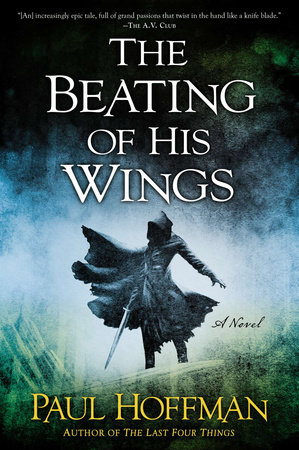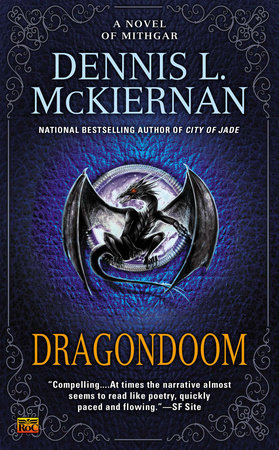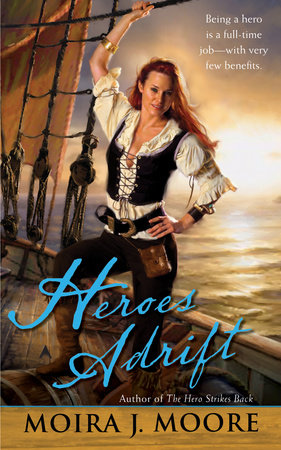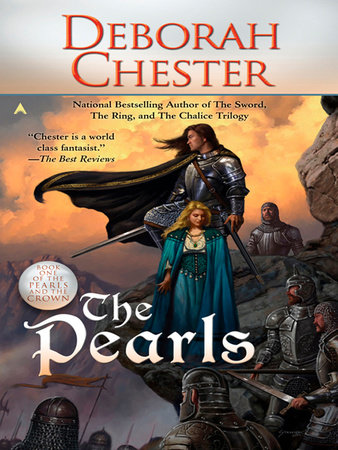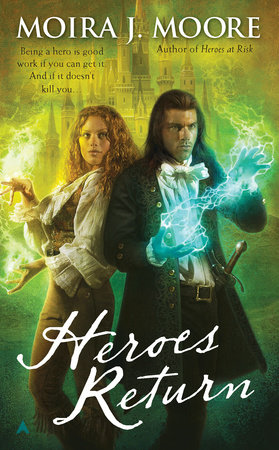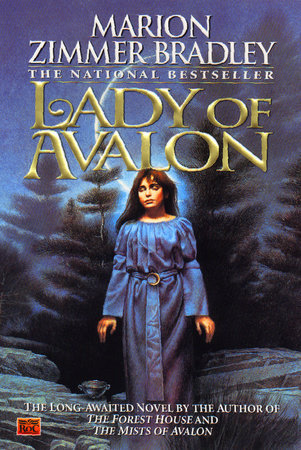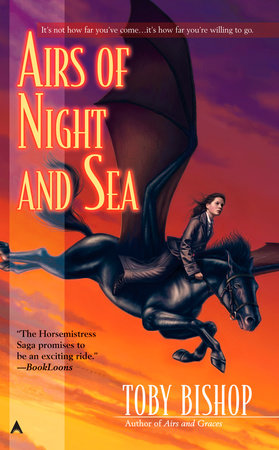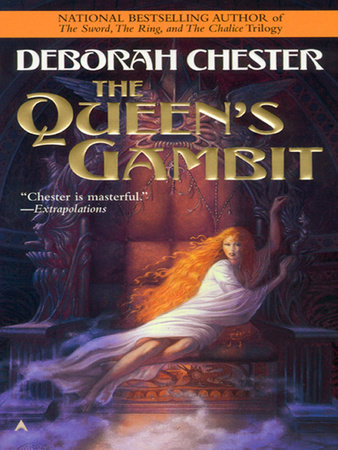

Book 2 of 3: A Raven's Shadow Novel
Book 2 of 3: A Raven's Shadow Novel
Book 2 of 3: A Raven's Shadow Novel
Tower Lord

-
$18.00
Published on Jun 02, 2015 | 624 Pages



Published on Jun 02, 2015 | 624 Pages
Author
Anthony Ryan
Anthony Ryan is the New York Times bestselling author of the Raven’s Shadow novels, including Blood Song, Tower Lord, and Queen of Fire, and the Draconis Memoria series, including The Waking Fire. He lives in London, where he is at work on his next book.
Learn More about Anthony Ryan